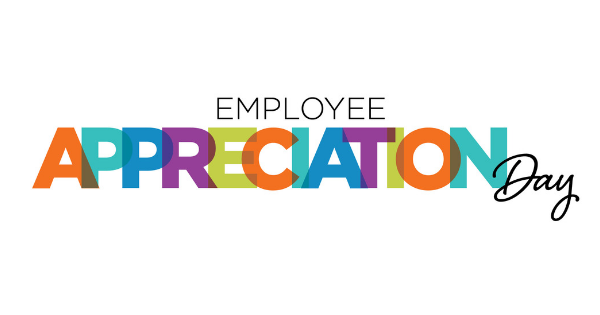The tightest market for talent in five decades has resulted in a cavalcade of content from thought leaders, analysts and vendors, most of it focused on fixing what’s broken in current recruitment processes. Improving the candidate experience is a hot topic, because it’s a buyer’s market.
What do candidates really want? Recruitment marketing, which represents the largest portion of most talent acquisition budgets, is getting a lot of attention, and the prevailing best practices have their origins in consumer marketing.
Recent Posts
Are your employees engaged? It’s a question that has earned its place at the forefront of business strategy, because it directly affects the quality of work produced and overall outcomes. Eight out of ten business leaders rank employee experience, including engagement, as important or very important for the future of their companies. But even when organizations have a generalized understanding that engagement is valuable, it’s not always easy to show a measurable return on investment in terms of dollars and cents. Yet that is precisely what it takes to demonstrate value to those in charge of budget approvals.
Read More
Did you know that HR technology has the power to predict the future? No, it’s not a crystal ball that can tell you where to find your next VP of Finance or how long that new IT tech will stay at your company. But it can give you the data and analytics competence you need to make reasonable predictions and more profitable decisions in situations like these. The trouble is that HR leaders have been slow to jump on the bandwagon. If you’re among them, here’s why you should take the leap.
Read MoreOne week to go for the official “unofficial” Employee Appreciation Day holiday - in case this is news to you its March 1st!
At Engage2Excel we know really terrific people are hard to find, that’s why we believe in the power of delivering appreciation and recognition moments to employees all year long…but we admit we get a little giddy for fun days like this throughout the year to show employees how much you value them.
Read More




